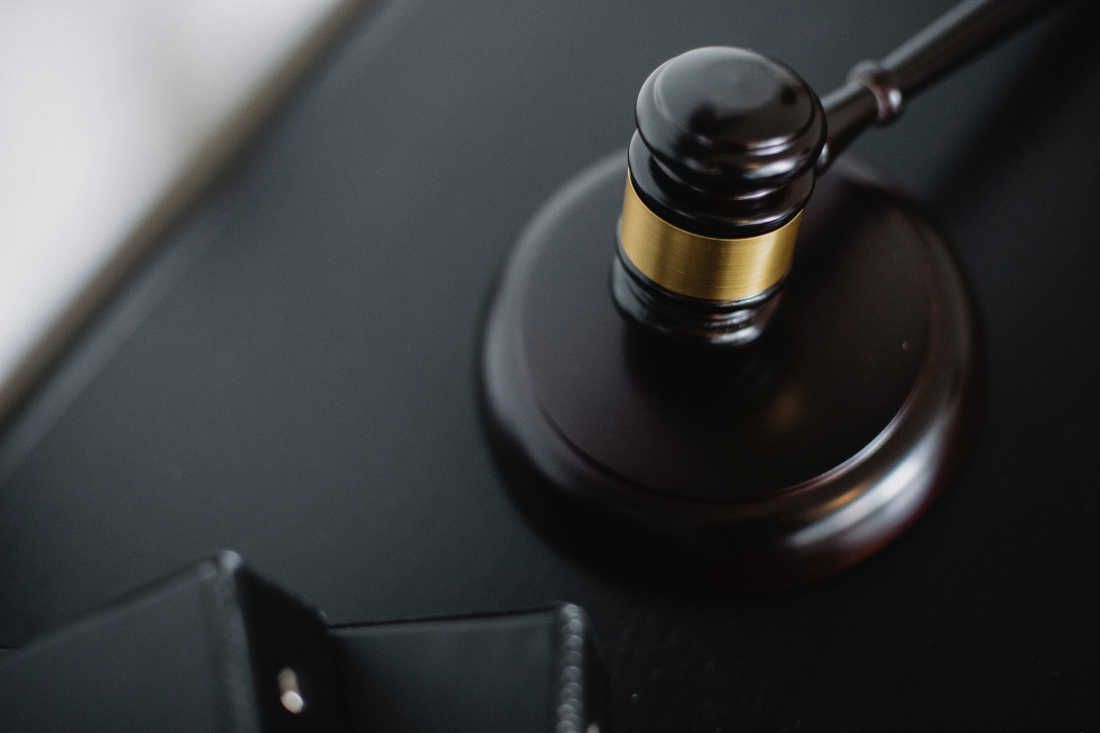By: José Niño
The Texas Supreme Court has ruled that families of those slain in the Sutherland Springs massacre of 2017 cannot sue the gun store owner who sold the murdered his weapon.
The highest court in the Lone Star State ruled that Academy Sports & Outdoors enjoys protections from litigation per the Lawful Commerce in Arms Act. This law prevents firearms manufacturers and retailers from being subject to lawsuits alleging these entities are responsible for the criminal behavior of third parties.
In November 2017, Colorado resident Devin Kelley carried out a mass shooting at First Baptist Church of Sutherland Springs, which resulted in the deaths of 26 people and the wounding of 20 others.
In 2019, family members of the victims took legal action against Academy Sports & Outdoors for selling Kelley the Model 8500 Ruger AR-556 semi-automatic rifle, the magazine, and ammunition he used during the attack. Kelley’s transaction allegedly took place in 2016.
The families claimed that due to Kelley using a Colorado identification card to buy the gun, the store had to behave in accordance with both Texas and Colorado law.
The plaintiffs contended that the gun purchase should have occurred in Colorado. Plus, because Colorado law bans the possession or sale of magazines that hold 15 rounds or more, the sale violated the Gun Control Act.
The Texas Supreme Court, however, ruled that sale was legal because the federal law does not regulate magazine sales.
“In sum, the sale of the Ruger AR-556 rifle to Kelley complied with the legal conditions of sale in both Texas and Colorado. Because the Gun Control Act did not regulate the sale of the magazines, the Colorado law prohibiting their sale was immaterial,” the Court declared in its opinion.
Kelley received a dishonorable discharge from the Air Force following his court-martial in 2021 for beating his wife and stepson. The Air Force did not end up reporting the conviction to a federal database routinely used during background checks for gun sales. Had this crucial piece of information been sent to the National Instant Criminal Background Check System, Kelley could have been barred from buying the rifle.
Reasonable minds would conclude that gun stores are not responsible for certain individuals’ criminal behavior. It would be like suing a car manufacturer for the gross negligence of a drunk driver who gets involved in a lethal wreck. But that does not matter to Gun Control Inc., who views the litigation process as a viable alternative to legislative methods as far as re-shaping gun policy in America is concerned.
Ultimately, the goal for anti-Second Amendment activists is to sue as many gun manufacturers as possible, thereby forcing many manufacturers to scale back their operations or even shut down altogether. The result is a reduced supply of legal firearms, which will deprive many Americans of firearms that could keep them and their families safe.
It is wise to be prepared for the gun control crowd’s litigation efforts since this could turn out to be their go-to strategy if they fail to get anything done legislatively at the federal level.
José Niño is a freelance writer based in Austin, Texas. Sign up for his mailing list here. Contact him via Facebook, Twitter, or email him at [email protected]. Get his e-book, The 10 Myths of Gun Control, here.

